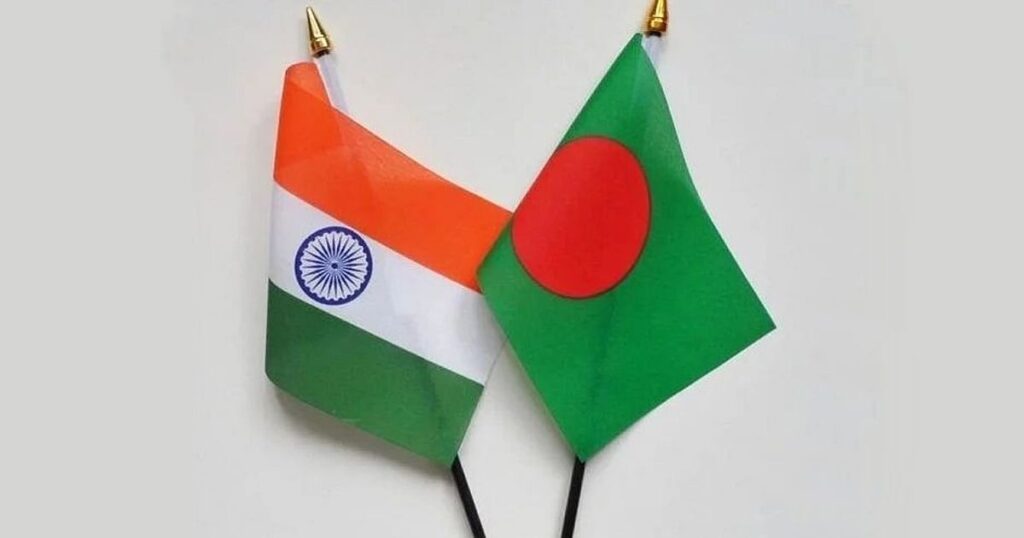Since the political change on 5 August and the assumption of office by the interim government on 8 August, the discomfort and tension in the relations between Dhaka and Delhi have become increasingly visible. After Muhammad Yunus was sworn in as the head of the interim government, Indian Prime Minister Narendra Modi welcomed him with a post on X (formerly Twitter).
In that post, Modi emphasised advancing bilateral relations and the security of minorities in Bangladesh. Subsequently, Dr Yunus phoned Modi regarding the relations between the two countries.
During the phone call, Modi reiterated his concerns about the situation of minorities. As time went on, public statements, comments, and social media posts by leaders from both countries made it clear that the “golden chapter of relations” between the two neighbours had been government-centric.
Following the fall of the Awami League government on 5 August, former Prime Minister Sheikh Hasina fled to India, where she has remained in Delhi since then.
Bangladesh has issued several statements clearly stating that her comments from India are hindering efforts to normalise relations. However, Delhi has yet to officially inform Dhaka about Sheikh Hasina’s stay in India.
In this context, the meeting between Jaishankar and Touhid Hossain, mediated by the United States, took place in New York. During that period, protests by some American citizens of Indian origin, accusing Bangladesh of minority oppression, occurred in New York.

